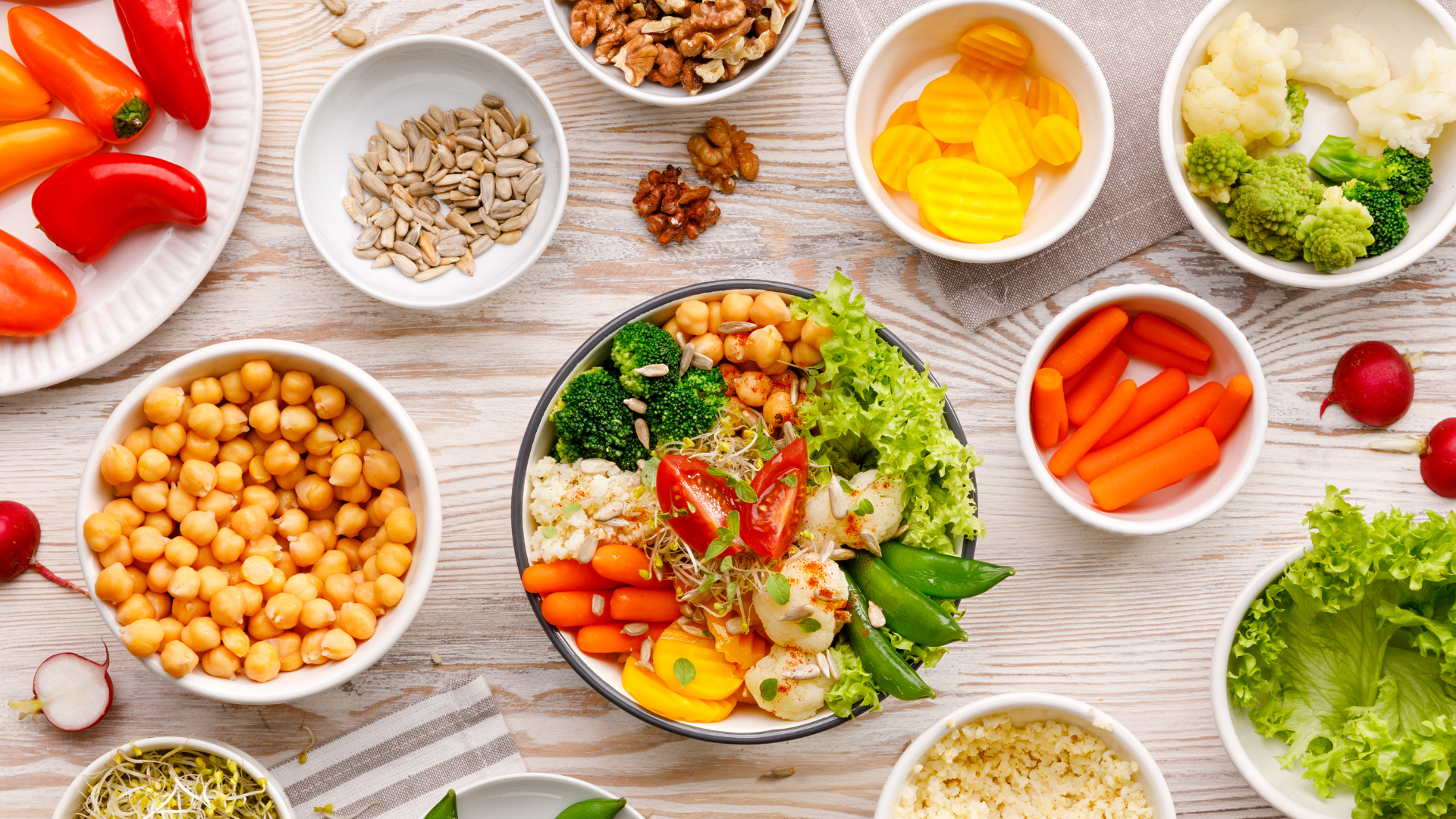Have you ever noticed that after a bad day you crave something sweet or salty almost uncontrollably? Or that you eat without really being hungry, just to feel better?
These situations, more common than we think, may be due to emotional hunger—a mechanism the body uses to cope with certain emotions. Distinguishing between physiological hunger and emotional hunger is key to improving your relationship with food, maintaining optimal health, and preventing compulsive eating behaviors.
Meritxell Massons – Neolife Nutrition Unit
What is physiological hunger?
Physiological hunger is the natural sensation that arises in the body when it needs nutrients to carry out vital functions.
Our body requires energy and nutrients to function properly, both for internal processes (metabolism, digestion, cell regeneration) and for our daily activities.
Identifying physiological hunger
Recognizing when we truly need to eat helps us nourish our body consciously. Here are some clues to identify it:
- It is not a craving for a specific food; it can be satisfied with different options.
- The sensation appears gradually and increases over time.
- It can wait a few minutes or longer before being satisfied.
- Eating does not lead to guilt or regret.
- It disappears once we feel full.
What is emotional hunger?
Emotional hunger arises as a response to emotional states, especially negative ones.
When we are stressed, sad, anxious, or lonely, our body seeks a quick way to relieve this discomfort. Food—especially foods rich in sugar or fat—triggers a hormonal release that produces a momentary sense of well-being.
This type of hunger is not driven by a physical need but by an emotional one. And while it may make us feel better in the moment, over time it can create a cycle of dissatisfaction, guilt, and repetition.
Identifying emotional hunger
Some signs that indicate we are not eating out of real hunger include:
- It appears suddenly and intensely.
- It focuses on very specific foods (cravings).
- The need to eat feels immediate.
- After eating, negative emotions such as guilt or frustration appear.
- It does not go away with satiety, and eating can continue without stopping.

How to manage emotional hunger in a healthy way
Knowing how to differentiate between the types of hunger is not always enough: we also need tools to manage those emotions without turning to food as the only escape.
Here are some practical tips:
- Hydration: many times we confuse thirst with hunger. Stay well hydrated throughout the day.
- Structured eating: having regular schedules and balanced meals helps maintain satiety and prevent binges.
- Emotional awareness: learn to identify what emotion you are feeling and how it shows up in your body.
- Therapy and emotional support: psychological guidance is key to addressing the underlying causes.
- Relaxation techniques: meditation, mindful breathing, yoga, or simply going for a walk can be powerful allies.
- Healthy alternatives: when you feel the urge to eat due to anxiety, try activities such as reading, calling a loved one, taking a walk, writing, or practicing a hobby.
Remember: there are no good or bad foods
It is important not to fall into the trap of judging yourself for what you eat. No food is “good” or “bad” by itself. What matters is the overall balance of your lifestyle.
Incorporate habits that help you live with greater well-being:
- A conscious, varied diet.
- Regular physical activity.
- Quality rest.
- Emotional management.

Conclusion: listening to your body is a form of self-care
Distinguishing between emotional and physiological hunger is not easy at first, but it is a crucial step toward mindful eating and a healthy relationship with food.
Learning to identify what your body needs and how it responds emotionally will allow you to make freer, healthier decisions. If you feel you cannot do it on your own, remember that seeking help from a professional (nutritionist and/or psychologist) is a valuable form of self-care.
BIBLIOGRAPHY
(1) Beaulieu, K., & Blundell, J. E. (2021). The psychobiology of hunger – a scientific perspective. Topoi.
(2) Gregg, S. Q. (2015, septiembre 22). Deciphering between emotional, physical hunger. Medical Xpress.
(3) Pietrzyk, A. (2022, 17 de noviembre). The scientific reason why you always eat so much—and how to rein it in. Real Simple.
(4) Reents, J., Seidel, A.-K., Wiesner, C. D., & Pedersen, A. (2020). The effect of hunger and satiety on mood‑related food craving. Frontiers in Psychology, 11, 568908.

